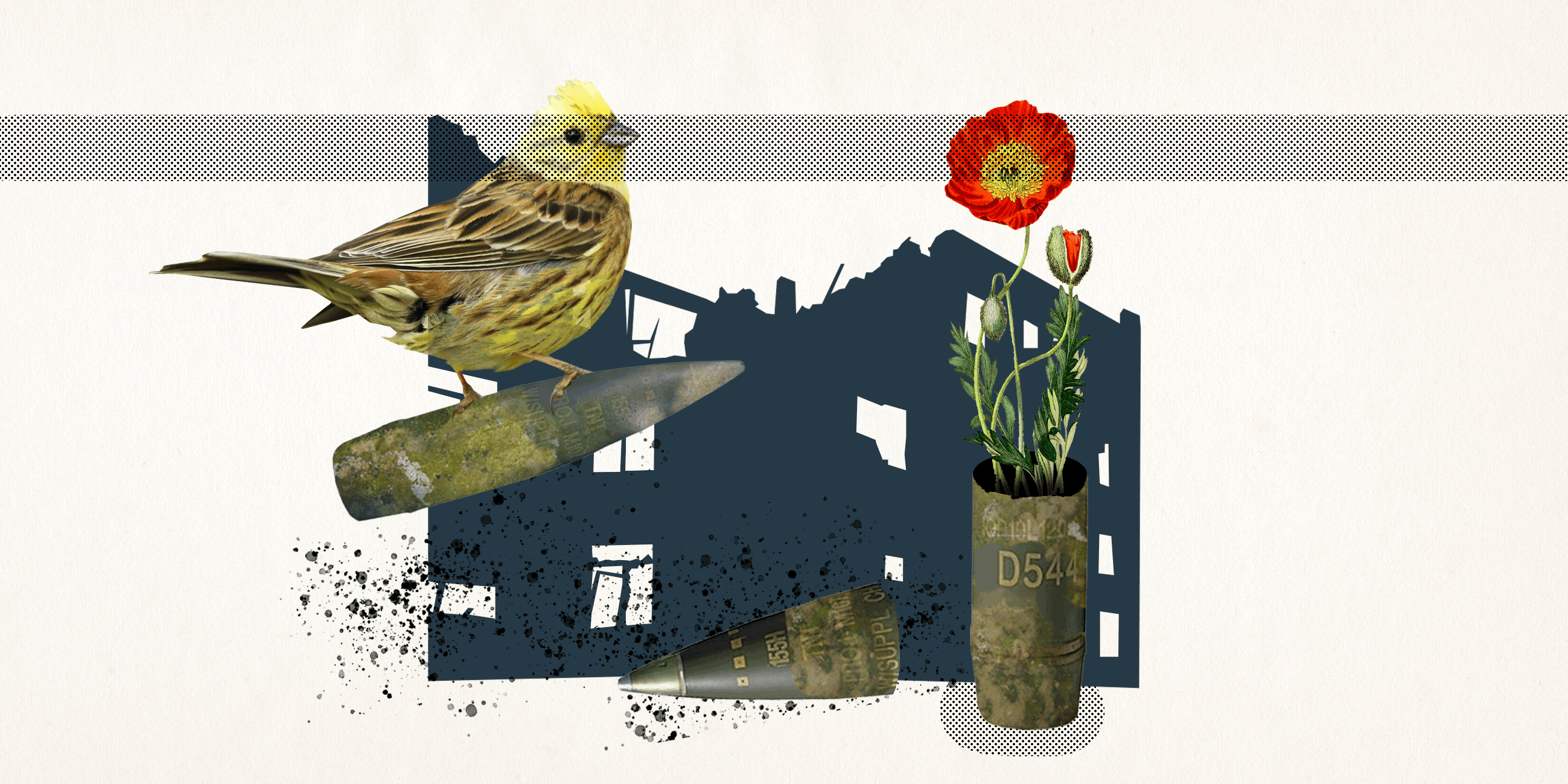In early 2024, the Czech Republic, in coordination with Denmark and the Netherlands, launched the so-called Czech Initiative — a mechanism for the large-scale procurement of large-calibre ammunition to support Ukraine.
At the time, US aid had been stalled in Congress for nearly six months by the Republican Party, and the European initiative to help Ukraine had failed to deliver the promised volumes of munitions. The situation was putting Ukraine’s defence against Russia under severe strain.
The Czech Republic was joined by 15 countries in this new initiative, raising over €1.6 billion to buy artillery shells on the international market, mainly from neutral and pro-Russian countries that were open to reaping the financial benefits from their stockpiles or production, albeit under the condition of anonymity. Czech arms dealers produced a small part of the supply as well.
A cross-border team of six journalists from four European countries investigated this initiative over the past six months. They found a range of concerns, including issues around quality and costs, problems with late deliveries, and conflicts of interest. There is also some discrepancy between the public statements about the delivered quantities. And they uncovered instances of disinformation surrounding the initiative.
Despite the high stakes and the large effort to deliver this ammunition from all over the world, only five Czech companies were tasked with coordinating deliveries. Key figures in the initiative have past or ongoing ties to participating arms companies, raising questions about ethics and transparency.
Although Czech officials and companies deny any wrongdoing, watchdog organisations like Transparency International warn of blurred lines between business and politics. Further controversy stems from the indirect involvement of arms manufacturers Czechoslovak Group and Colt CZ in the Russian market, despite EU sanctions.
The investigation revealed that the companies involved were able to charge significant margins for their services — up to 13 percent of the total price of a delivery, four times higher than those charged by Ukrainian state brokers.
Although Czech officials defend the costs as market-aligned and necessary for quick delivery, concerns remain about profit margins and efficiency. Proponents argue that using Czech intermediaries avoids bureaucratic delays and helps countries discreetly support Ukraine.
The exact oversight of the profit margins proved to be murky, with the Czech government denying responsibility while large donors such as the Netherlands insist that Prague is accountable.
The initiative has been renewed for 2025, with 11 countries already raising more than €831 million. The deliveries last year helped to stabilise the ammunition supply to Ukraine, with Ukrainian President Volodymyr Zelenskyy recently praising the initiative as a success.
This investigation shows that, while not denying the success of the initiative, there is also a need to address the concerns about profiteering or conflicts of interest to ensure that all the money donated by countries from all over the world is primarily used to help Ukraine defend itself.
The stories below build on the work of two previous investigations supported by IJ4EU: Absent Ammo and At War Without Ammo.
The team
The investigation resulted in stories published by the following news outlets:
- Follow The Money (The Netherlands)
- investigace.cz (The Czech Republic)
- Schemes, RFE/RL Ukrainian Service (Ukraine)
The team members were:
- Anna Myroniuk, Schemes, RFE/RL Ukrainian Service (Ukraine)
- Valeriya Yegoshyna, Schemes, RFE/RL Ukrainian Service (Ukraine)
- Zuzana Šotová, investigace.cz (Czech Republic)
- Kristina Vejnbender, investigace.cz (Czech Republic)
- Laurens Groeneveld, The Investigative Desk (Netherlands)
- Iliès Hagoug, The Investigative Desk (France)
